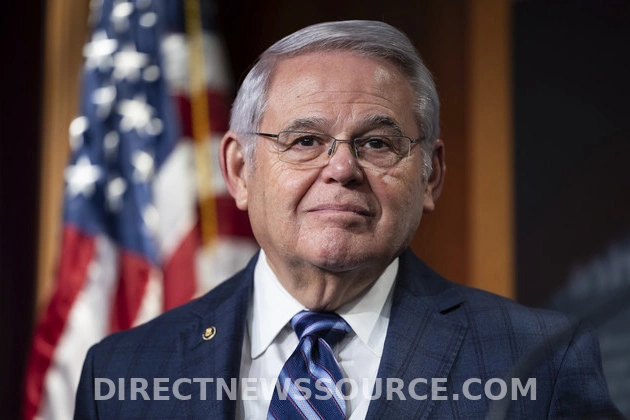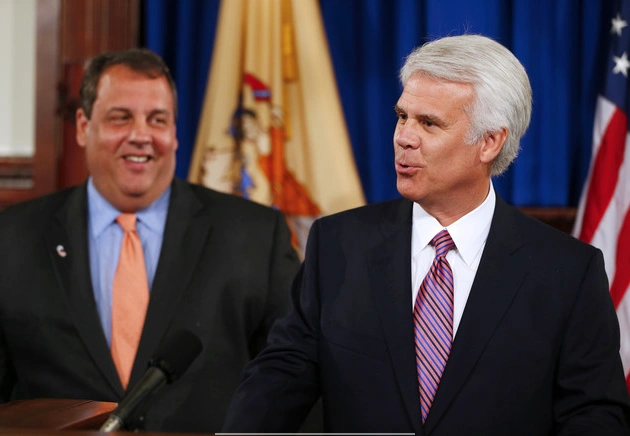
Months after Sen. Bob Menendez was convicted of corruption charges, prosecutors have acknowledged critical errors that could potentially overturn the verdict.
These mistakes have provided Menendez’s defense team with a significant opportunity, prompting them to request a new trial. If successful, Menendez could evade federal charges once more, a surprising turn of events considering the substantial evidence presented during the trial, including gold bars and cash.
Jonathan Kravis, a former federal prosecutor, remarked, “The prosecution inadvertently handed Menendez’s attorneys a chance to challenge the verdict.”
Menendez, who resigned from the Senate following his conviction on 16 counts, is awaiting sentencing in January.
Recent legal filings from the Southern District of New York revealed that the jury had access to evidence deemed inadmissible by the judge. This evidence was included in a laptop provided to the jury during deliberations.
The crux of the issue lies in the inclusion of material that violated the speech or debate immunity clause granted to members of Congress by the Constitution.
Legal experts like Stan Brand have highlighted the unprecedented nature of this situation, suggesting that access to such protected material could warrant a mistrial or dismissal of charges.
While Judge Sidney Stein previously rejected attempts to dismiss Menendez’s convictions, the oversight regarding the jury’s access to sensitive evidence remains unresolved.
Whether a new trial is granted or not, the revelation of these errors has bolstered Menendez’s appeal efforts.
Menendez, who previously faced corruption charges resulting in a mistrial, criticized the prosecution for tainting the jury’s verdict.
The trial was marked by repeated concerns over speech or debate issues, with Menendez’s defense team raising objections early on.
The verdict, which implicated Menendez in dealings with Egyptian officials, hinged on a mix of testimonies, physical evidence, and wiretaps.
Prosecutors later admitted that some of the material excluded by the judge found its way to the jury’s possession through the laptop.
Subsequent revelations of additional errors in handling evidence have further complicated the case, with Menendez’s legal team calling the situation a travesty.
While prosecutors downplay the impact of these errors, Menendez’s attorneys argue that such crucial evidence cannot be overlooked.
The defense team’s skepticism towards the government’s defense strategy has been evident, with references to the “TL;DR” defense employed by prosecutors.
The possibility of jurors being unaware of the tainted evidence remains a point of contention, with no formal inquiry into the matter.
Both sides are cautious about probing jurors post-trial, as any revelations could sway the outcome. The lack of clarity surrounding the jury’s exposure to critical evidence adds a layer of complexity to Menendez’s legal battle.















